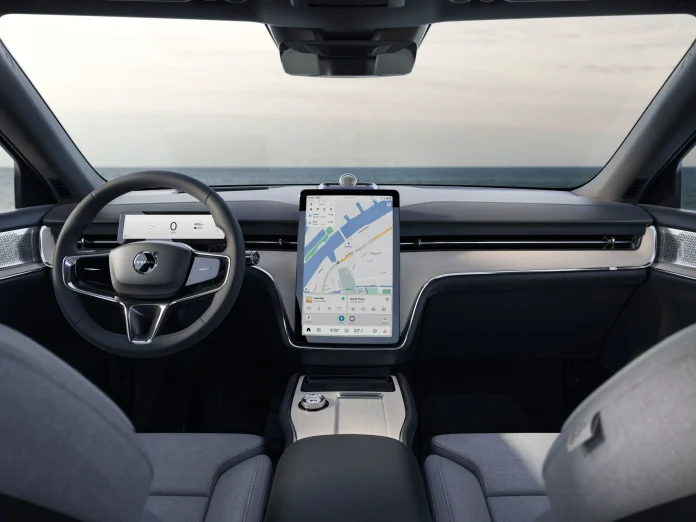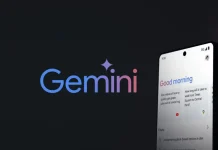Volvo is set to become the first automaker to integrate Google’s Gemini AI chatbot into its vehicles, expanding on its longstanding partnership with the tech giant. Announced just after Google I/O 2025, the move underscores Volvo’s commitment to pushing the boundaries of in-car technology.
What Is Gemini AI and Why Does It Matter?
Gemini is Google’s next-generation AI assistant designed to offer more natural and intelligent conversations. Unlike Google Assistant, Gemini uses advanced natural language processing to better understand nuanced queries. This allows drivers to interact with their vehicle more seamlessly, whether they’re translating a phrase, navigating unfamiliar roads, or exploring their car’s manual without taking their eyes off the road.
According to Volvo, the integration is about easing the driver’s cognitive load, improving safety and convenience. You can now ask things like:
- “Translate this street sign for me.”
- “Find the nearest EV charging station.”
- “What does this dashboard light mean?”
Gemini Coming to Android Auto and Android Automotive
Google recently confirmed that Gemini will be available for Android Auto users in the coming weeks, allowing people to access the AI via their smartphones. However, cars running Android Automotive OS (branded as Google built-in) — like Volvo’s — will see Gemini integration later this year.
Volvo was among the first adopters of Android Automotive OS, and now, it’s again leading the pack by integrating Google’s newest AI technology. This means Volvo drivers and passengers will soon be able to use voice commands powered by Gemini to:
- Send messages
- Control music and entertainment
- Get real-time directions
- Ask questions using natural, conversational language
Volvo as Google’s Automotive Reference Platform
In addition to getting early access to Gemini, Volvo will serve as one of Google’s reference hardware platforms for automotive development. This status ensures that Volvo vehicles will be among the first to receive new features and updates from Google — well before they’re rolled out to the wider Android Automotive ecosystem.
“Through this partnership with Google, we are able to bring the very latest features and capabilities from the leading consumer ecosystem into our products first,” said Alwin Bakkenes, Head of Global Software Engineering at Volvo Cars.
“We’re collaborating on cutting-edge solutions that shape the future of connected cars.”
Volvo already offers features like built-in YouTube, high-definition Google Maps, and voice-controlled HVAC systems in its newer models. Its former performance brand, Polestar, was also the first carmaker to release a vehicle with native Android Automotive OS.
Gemini: The Future of In-Car AI
At Google I/O 2025, the company positioned Gemini as a core component of the future in-car experience. According to Ben Sagmoe, Developer Relations Engineer at Google:
“Navigation apps can integrate with Gemini using three core intent formats, allowing users to start navigation, display relevant search results, and perform voice-activated custom actions — such as reporting traffic congestion.”
As cars become more intelligent and connected, AI like Gemini is poised to play a central role in helping drivers stay focused, informed, and in control.









